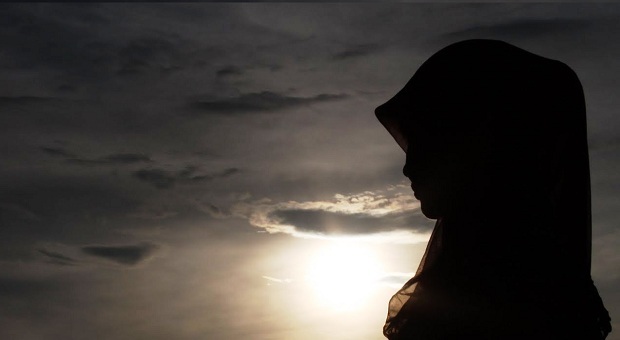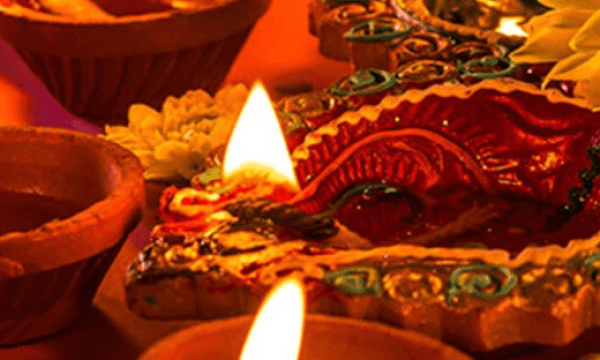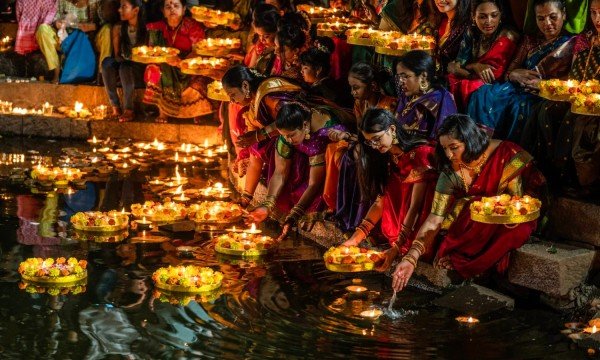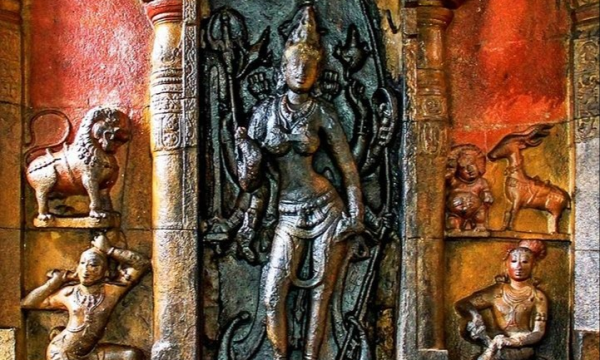
I am a Hijabi and have been since I was 10. Over the years I’ve come to accept the judgmental stares and even embraced them to a certain extent. People often have preconceived notions about Hijabis many of which would be proven false if they actually get to know the person underneath that head wrap.
This article is not about people judging me based on the fact I wear a scarf. It is about the baseless assumptions they make from my external appearance. Sadly, most of these people are from my community, the South Asian community.
When they first look at me, I’ve come to the conclusion that this is their thinking process: Hijabi = Pakistani = Speaks Urdu.
I have come to realize that these unique people that I’ve encountered cannot seem to distinguish between religion, nationality or language. They seem to be convinced that all Indians are Hindu, that all Hijabis are Pakistani and that Muslims only speak Urdu.
I have had to endure excruciating conversations trying to prove that the above are merely generalizations. Below is a sample of such conversation. It’s a compilation of all the encounters I’ve had with a stereotyping South Asian aunty/uncle. My responses are mostly my real replies, others which I wish I had said or was thinking in my head.
Aunty: Assalamalaikum Beta, kaise hain aap? (How are you in Urdu)
Me: Alaikumsalam Aunty. Sorry, but I don’t speak Urdu.
Aunty: But you are Muslim, No? (Points to my Hijab)
Me: Yes I am Muslim, but my mother tongue is Tamil.
Aunty: How is that possible?? How can you be a Muslim and not know Urdu???
Me: The Quran is in Arabic, the Prophet did not know Urdu, is he not a Muslim as well??
Aunty: You speak Tamil…so you are Sri Lankan?
Me: No I am Tamilian, from Tamil Nadu, in India.
Aunty: Oh India, so you are Hindu?
Me: No, Indian is my nationality and Islam is my religion. So I can come from India AND be a Muslim.
Aunty: So if you are Indian, you must speak Hindi?
Me: India has over 100 spoken languages of which they arbitrarily chose two as their national languages: Hindi and English. There is an entire state dedicated to the Tamil Language and culture, Tamil Nadu, which literally means Tamil Country! So NO, being Indian doesn’t necessarily mean I speak Hindi.
Aunty: Let me get this straight. You are an Indian, but you aren’t a Hindu or speak Hindi. You are a Muslim but not from Pakistan or speak Urdu. You speak Tamil but are not from Sri Lanka...(all this is too much for them to comprehend, so they usually just give up after this point).
I am not even kidding when I say that Pakistani Muslims have told me that I can’t be a Muslim because I don’t speak Urdu.
When I was a kid my mom and I used to go to religious gatherings in Thorncliffe Park. It is usually filled with Sri Lankan Muslims. At one specific gathering a Pakistani woman came to give a lecture and she noticed that my mom was wearing a sari underneath her burka. She gave my mom a lecture about how Muslims shouldn’t wear saris and wear shalwar kameez instead, because supposedly that’s what women wore at the time of the prophet.
WHAT THE FIDDLESTICKS?!?!?!?!
I wonder where on earth they came up with such claims. As far as I know, women at the time of the prophet wrapped themselves with any cloth they can find in no specific fashion as long as it maintained their modesty.
The problem with the people I have described above is that they intermingle religion and culture, which has proven to be a recipe for disaster. And my generation (anyone in their 20s) is fully aware of how difficult it can be to deal with this ‘problem'.
On top of climate change, depleting natural resources such as oil and water, and increasing poverty, this is another issue that our generation takes on. But hey no worries, we are equipped with technology, social media and the intellect to differentiate between religion and culture (I hope).
-Image courtesy of RickyAndria Photography

























